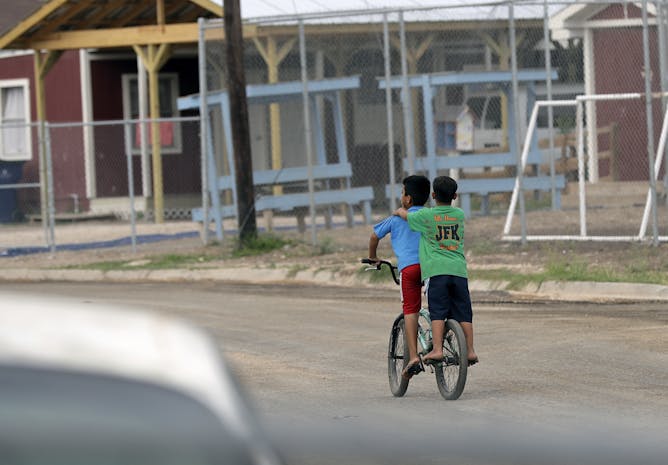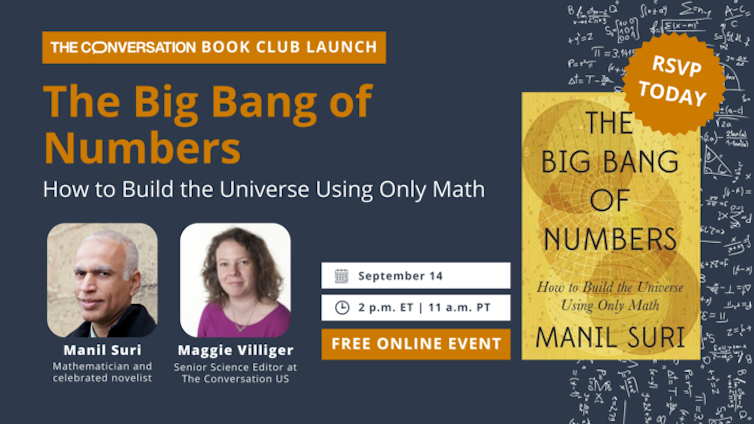|
In the journalism school where I began an adjunct teaching job this year, we have a strict policy against students using artificial intelligence technology, such as ChatGPT, as a writing tool. “Evidence of the use of AI in writing your stories will be viewed as an academic integrity violation,” the syllabus for my course states. “Remember that ChatGPT frequently ‘hallucinates’ and generates false information.”
But not all colleges and universities are taking the same approach. While some professors shun artificial intelligence as a tool that enables students to bypass the need to think about what they write, others are encouraging students to embrace AI because they’ll inevitably encounter it in the world of work.
The diversity of views on the use of AI in the classroom is reflected in a panel of four different scholars from different fields: Patricia A. Young of the University of Maryland, Baltimore County; Asim Ali of Auburn University; Shital Thekdi of the University of Richmond; and Nicholas Tampio of Fordham University.
Two of the professors either ban AI or urge caution with its use. The other two require its use in specific assignments they have designed for students to better understand AI and how it could radically reshape the careers that they are preparing to enter.
This week, we also liked articles about nanoparticles, the darker side of Jimmy Buffett’s hit songs and progress toward meeting the U.N.'s Sustainable Development Goals.
[ Get a global perspective on the news, with the best of The Conversation’s journalism from around the world, twice weekly. ]
|

Does AI enhance or cripple a person’s analytical skills?
Yevhen Lahunov/iStock via Getty Images Plus
Nicholas Tampio, Fordham University; Asim Ali, Auburn University; Patricia A. Young, University of Maryland, Baltimore County; Shital Thekdi, University of Richmond
Scholars differ over whether having students use AI in their assignments will help or hurt their careers after graduation.
|

Many colonias along the Texas-Mexico border still lack basic infrastructure, including running water.
AP Photo/Eric Gay
Scott Schang, Wake Forest University; John Dernbach, Widener University
Halfway to the SDGs’ 2030 deadline, countries have made progress, but most are struggling to meet all 17 goals. The US is no exception.
|

A shutdown last happened in 2018. Could it happen again?
Andrew Caballero-Reynolds/AFP/Getty Images
Raymond Scheppach, University of Virginia
Lawmakers have given themselves a virtually impossible task – and the stakes are high.
|
|
|
-
Drew M. Dalton, Dominican University
For Buffett, escapism was not merely some fiddling flight of fancy. It acknowledged the brutalities and indignities of everyday life.
-
Amy Lawton, Brandeis University
As more Americans step away from organized religion, so do more chaplains – but they are prepared to offer spiritual care regardless of a patient’s beliefs.
-
Kristin Omberg, Pacific Northwest National Laboratory
Nanoparticles have contributed to profound medical advances like the COVID-19 vaccine, but without oversight, they pose ethical and environmental issues.

Join the conversation with Manil Suri and The Conversation’s Senior Science + Technology Editor, Maggie Villiger, on September 14 at 2 p.m. Eastern/11 a.m. Pacific. Please register in advance to save your spot.
|
|
The Conversation Quiz 🧠
|
-
Here’s the first question of this week’s edition:
Entresto, Januvia, Eliquis and Farxiga were recently revealed as the names of what?
- A. Mark Zuckerberg's new quadruplets
- B. The first four hurricanes of 2024
- C. The latest Teenage Mutant Ninja Turtles
- D. Drugs that Medicare will try to get cheaply
Test your knowledge
|
|